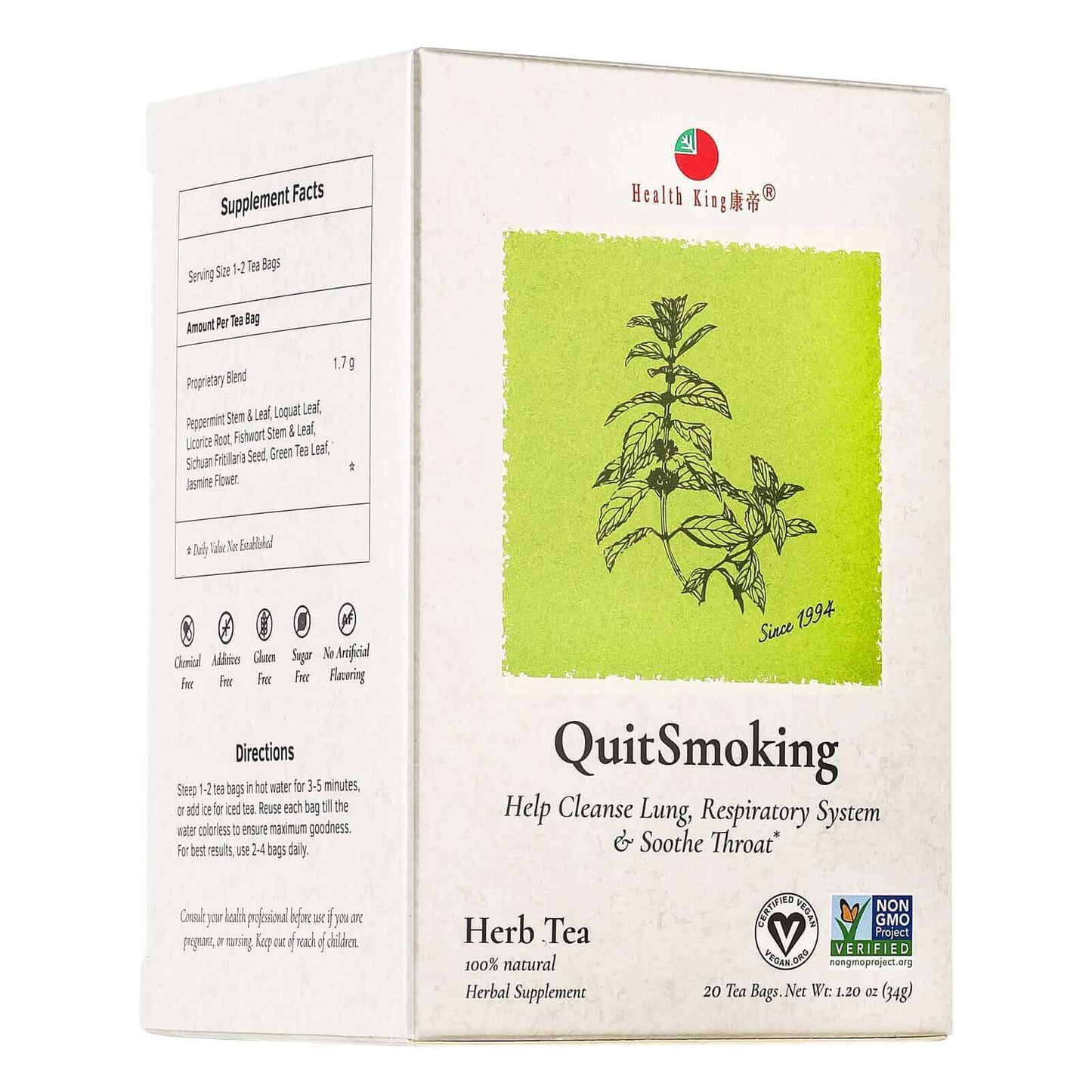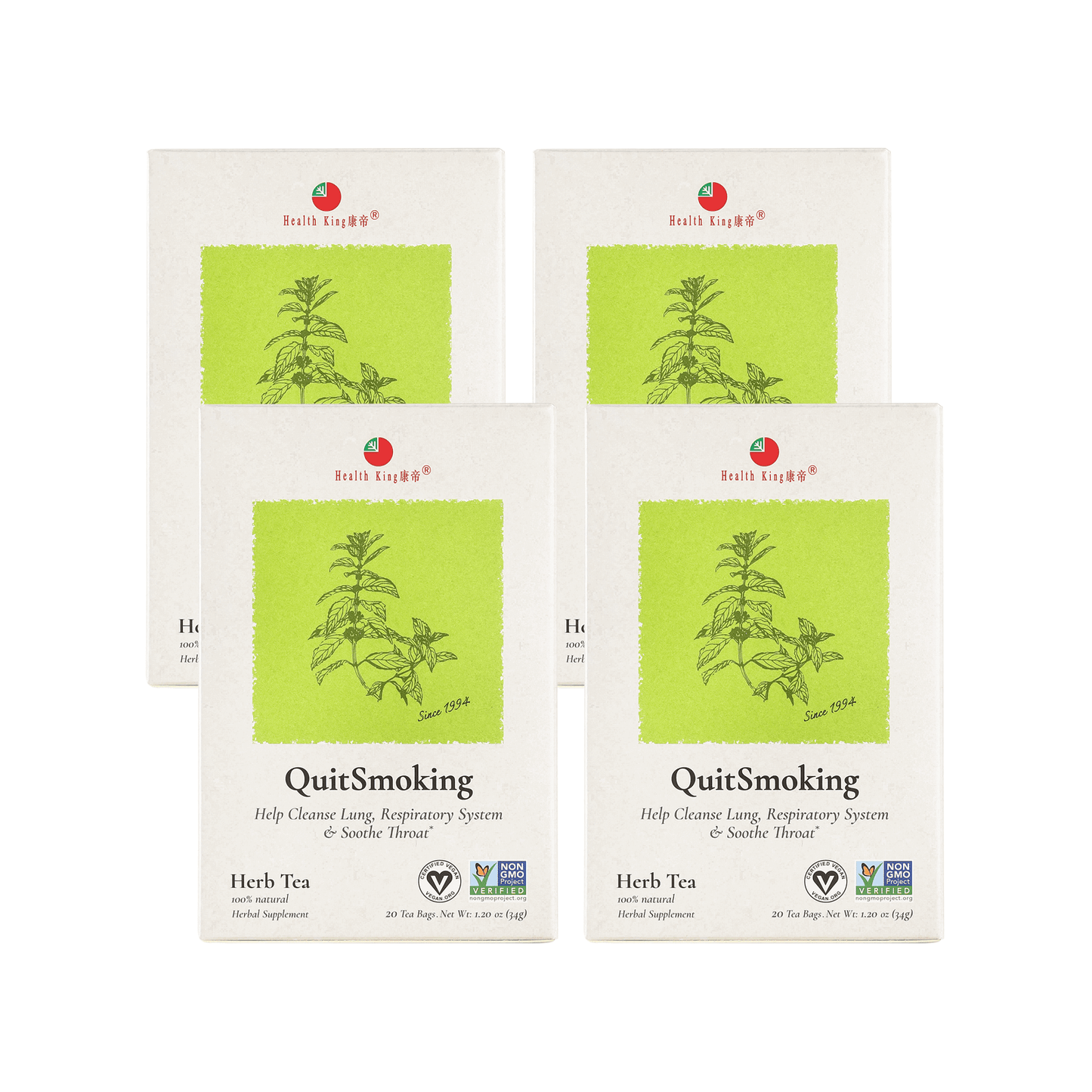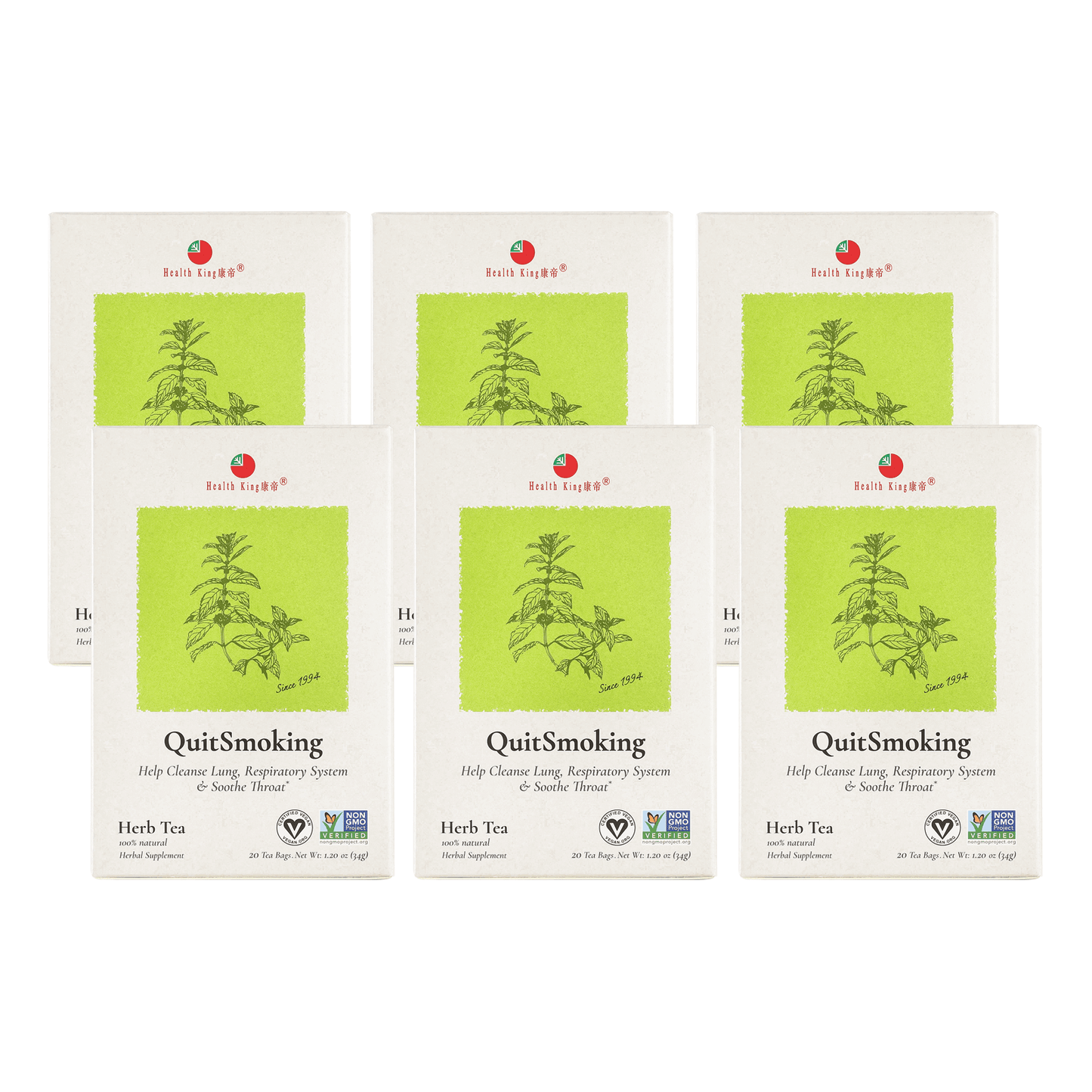
Tips for Successfully Quitting Smoking
Share
Quitting smoking is a journey that requires commitment, patience, and a well-thought-out plan. It's a significant step towards a healthier lifestyle, but it's not an easy one.
In this article, we'll provide you with practical tips for successfully quitting smoking. We'll explore various smoking cessation techniques, from setting a quit date to identifying triggers and managing cravings.
We'll also delve into the use of quit smoking aids, such as Fishwort and quit smoking gummies. These aids can be instrumental in your journey towards a smoke-free life.
Whether you're a smoker seeking to quit or a loved one looking to support, this guide is for you.
Understanding the Risks and Benefits
Smoking poses serious health risks, including heart disease, stroke, and lung cancer. It's crucial to understand these risks to fully appreciate the benefits of quitting.
Quitting smoking can significantly improve your health. It can lower your risk of these diseases and increase your life expectancy.
Additionally, quitting smoking can lead to financial savings. The money spent on cigarettes can be saved or used for healthier alternatives.
Lastly, quitting smoking can improve your physical appearance. It can lead to healthier skin and whiter teeth.
Setting a Quit Date

Setting a quit date is a vital step in your smoking cessation journey. This date serves as a commitment to yourself to stop smoking.
Choose a date that gives you enough time to prepare. Avoid choosing a date that coincides with stressful events.
Remember, the quit date is not just a day on the calendar. It's the start of your healthier, smoke-free life.
Identifying and Managing Triggers
Identifying your smoking triggers is crucial for successful smoking cessation. Triggers can be emotions, people, places, or situations that make you want to smoke.
Once you've identified your triggers, develop strategies to manage them. This could involve changing your routines or finding healthier ways to cope with stress.
Remember, managing triggers is a continuous process. Stay vigilant and adapt your strategies as needed.
Seeking Support from Loved Ones and Professionals
Support from loved ones can make a significant difference in your quit journey. Share your goals with them and ask for their understanding and encouragement.
Professional support can also be beneficial. Consider joining a support group or seeking counseling to help manage cravings and withdrawal symptoms.
Remember, you're not alone in this journey. Reach out when you need help.
Exploring Nicotine Replacement Therapies and Medications
Nicotine Replacement Therapies (NRTs) can help manage withdrawal symptoms. These include patches, gums, and lozenges that provide small amounts of nicotine.
Prescription medications are another option. Drugs like Bupropion and Varenicline can reduce cravings and withdrawal symptoms.
Always consult with a healthcare provider before starting any medication. They can guide you on the best options for your situation.
Considering Alternative Aids: Fishwort and Quit Smoking Gummies
Fishwort, a natural herb, can complement traditional smoking cessation methods. Some studies suggest it may reduce nicotine cravings.
Quit smoking gummies are another alternative. They are discreet, convenient, and can help manage withdrawal symptoms.
Remember, these aids should be part of a comprehensive quit plan. Always consult a healthcare provider before trying new treatments.
Lifestyle Changes to Support Quitting
Incorporating physical activity into your routine can help reduce stress and improve mood. Even a short walk can make a difference.
A healthy diet and staying hydrated can also help combat withdrawal symptoms. Avoid alcohol and other triggers that may lead to a relapse.
Creating a smoke-free environment at home and work can further support your quit journey.
Celebrating Milestones and Coping with Setbacks
It's important to celebrate milestones, no matter how small. Rewarding yourself for progress made can boost your motivation.
Setbacks can occur, but they're not a sign of failure. Persistence is key in the journey to quit smoking.
Keeping a journal can help track progress and reflect on the journey. It's a great tool for self-awareness and motivation.
Conclusion: Taking the First Step
Quitting smoking is a journey that begins with a single step. It's never too late to start this life-changing process.
Remember, every attempt brings you closer to a smoke-free life. Stay positive and keep moving forward.





